About Kanz Lifestyle
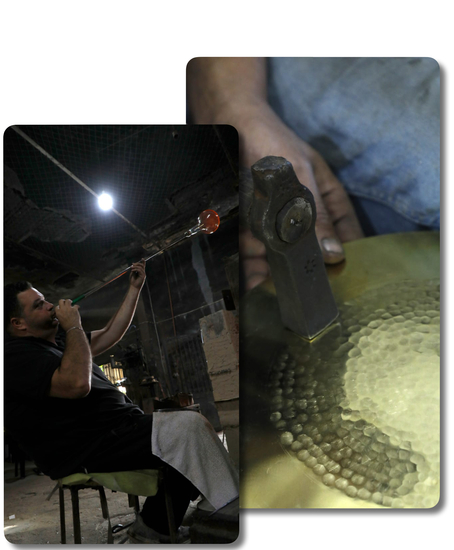
A Bit of History
Craftsmanship in Lebanon began in the Neolithic Age with pottery and stone tools, showcasing early skilled hand-building. By the Bronze Age, Lebanese artisans advanced to bronze metallurgy, creating sophisticated artifacts. The Phoenicians innovated in glassmaking, weaving, and woodworking. Today, Lebanese artisans honor and evolve these traditions.
Copper
Between Byblos and Tripoli lies Qalamoun, a seaside town where shops double as workshops. The rhythmic sound of hammers on metal mingles with Fairouz's voice and the scent of coffee. Bowls, pots, trays, and copper engravings come to life. This 800-year-old craft is perpetuated by master artisans, who learned from family, saying, ``It’s a family affair.``
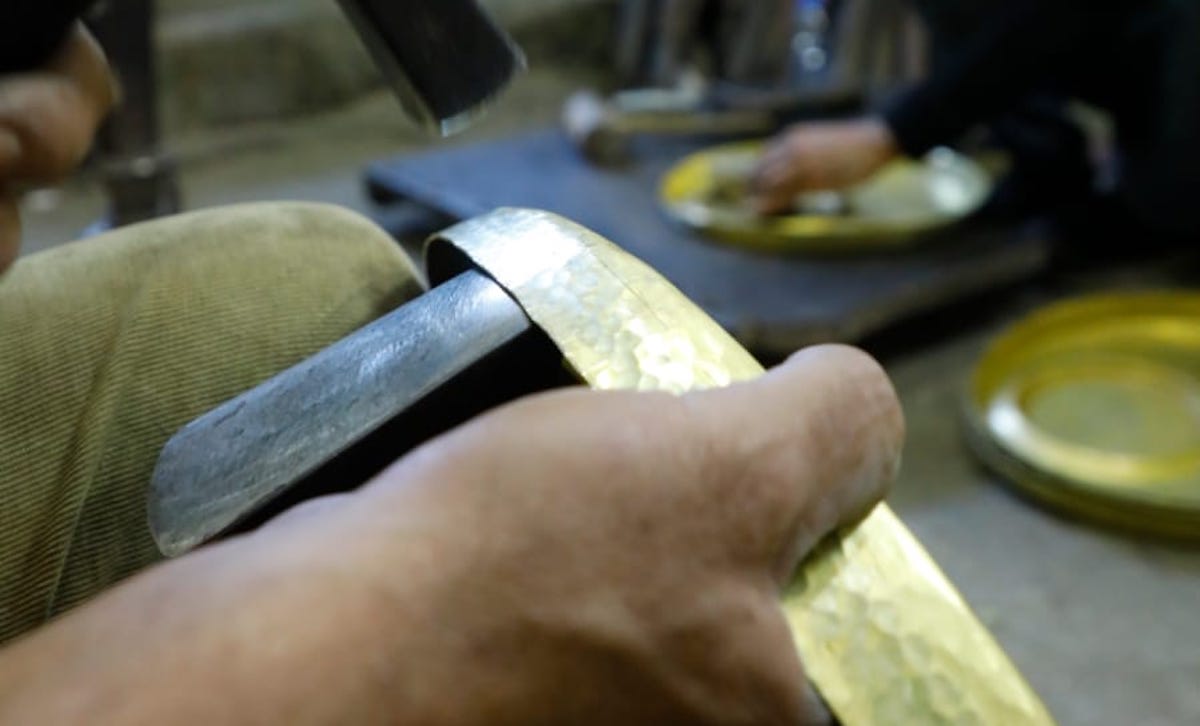
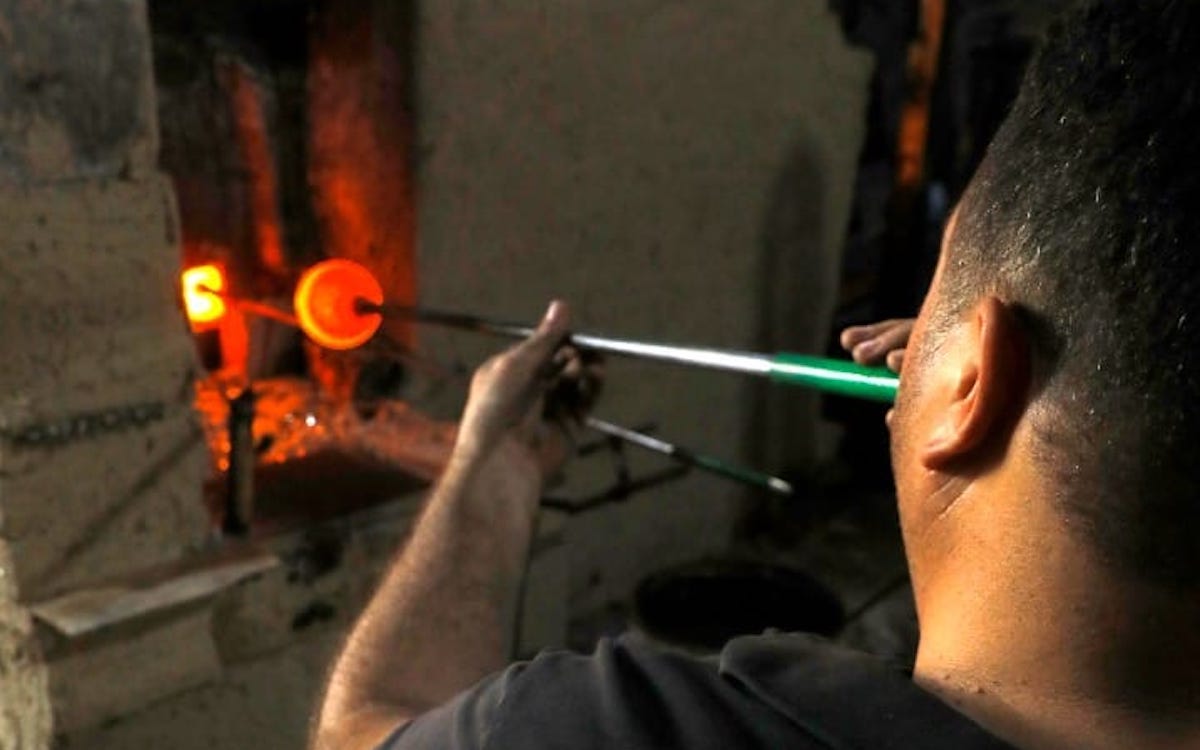
Blown Glass
History tells us that the first glassblowers were Phoenicians. Their cities still grace Lebanon's coast: Byblos, Beirut, Tyre, Sidon. In Sarafand, glass heritage is preserved—blue, amber, or clear. ``Ammo Hussein`` greets us, working glass into an Arak carafe at 1,300 degrees. The family keeps the fire alive day and night.
Pottery
The gesture is simple, poetic, and skilled. Fingers mold clay, an aroma that permeates workshop walls. Touching, kneading, shaping, turning, drying, and waiting. Lebanese potters face the outcome with bravery; if an item breaks in the kiln, they start again. Since 5,000 BC, from Assia El Fekhar to Aley, potters are everywhere.
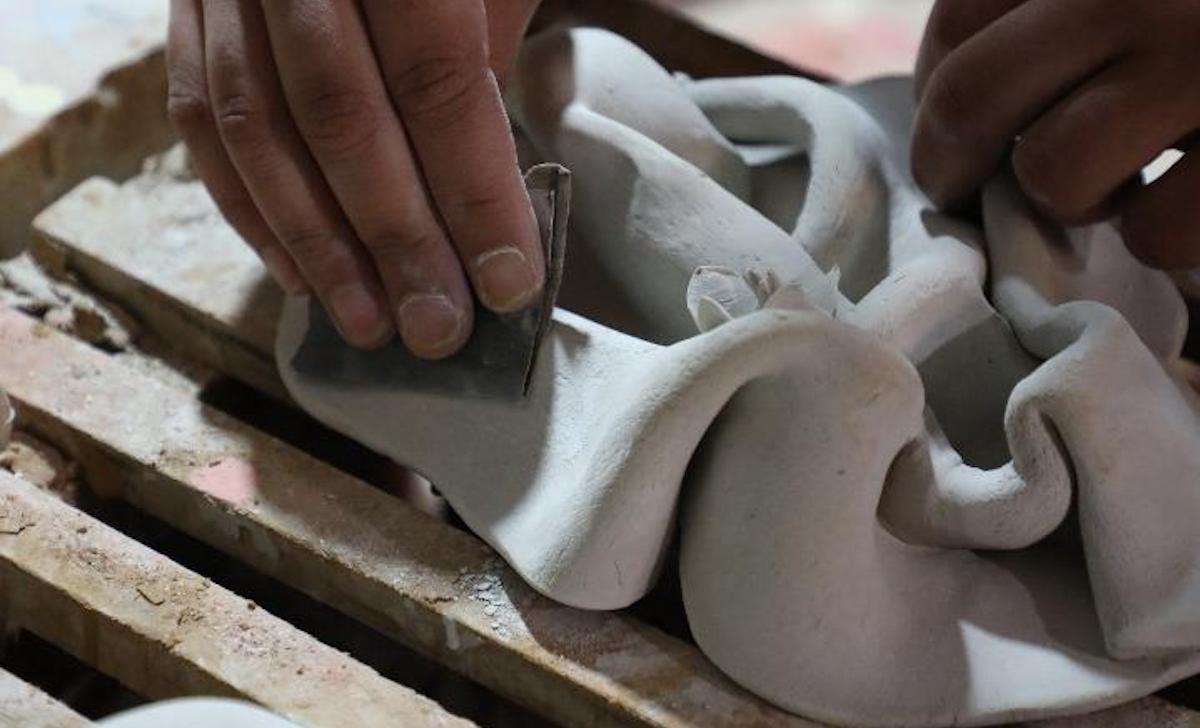
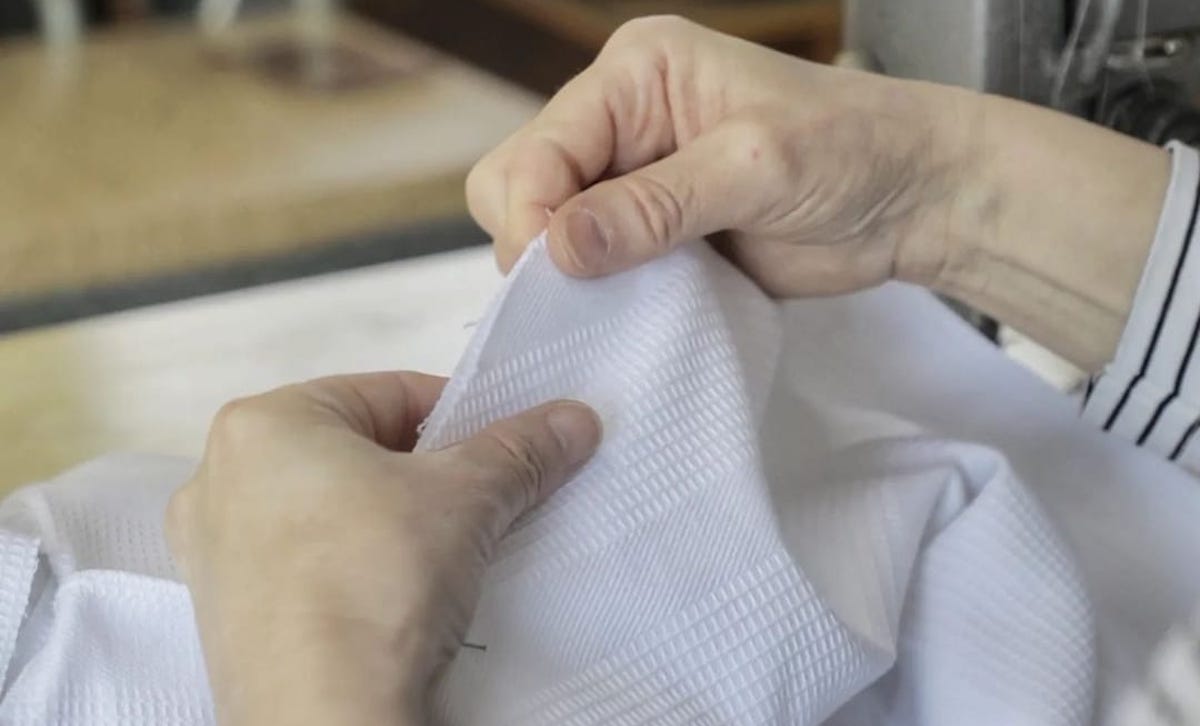
Textile
They weave, fingers dancing between fibers of wool, silk, cotton, and linen in myriad colors. Mostly women, they sit at looms, wooden combs gliding through weaves. From Byzantine silk cultivation to Emir Fakhreddine’s economic efforts, they tell stories, dyeing in Tyrian purple. Fewer now, these rural artisans maintain routines and techniques, preserving a world of delicate beauty.
Wood
Dice clatter on Tawleh boards, echoing with voices of players young and old. Wood, cherished for its textures and scents, connects deeply with humans since ancient times. In Beirut and Tripoli, diverse woodworking crafts thrive, echoing Lamartine’s call to venerate the Cedar and cherish wood’s profound bond with nature.
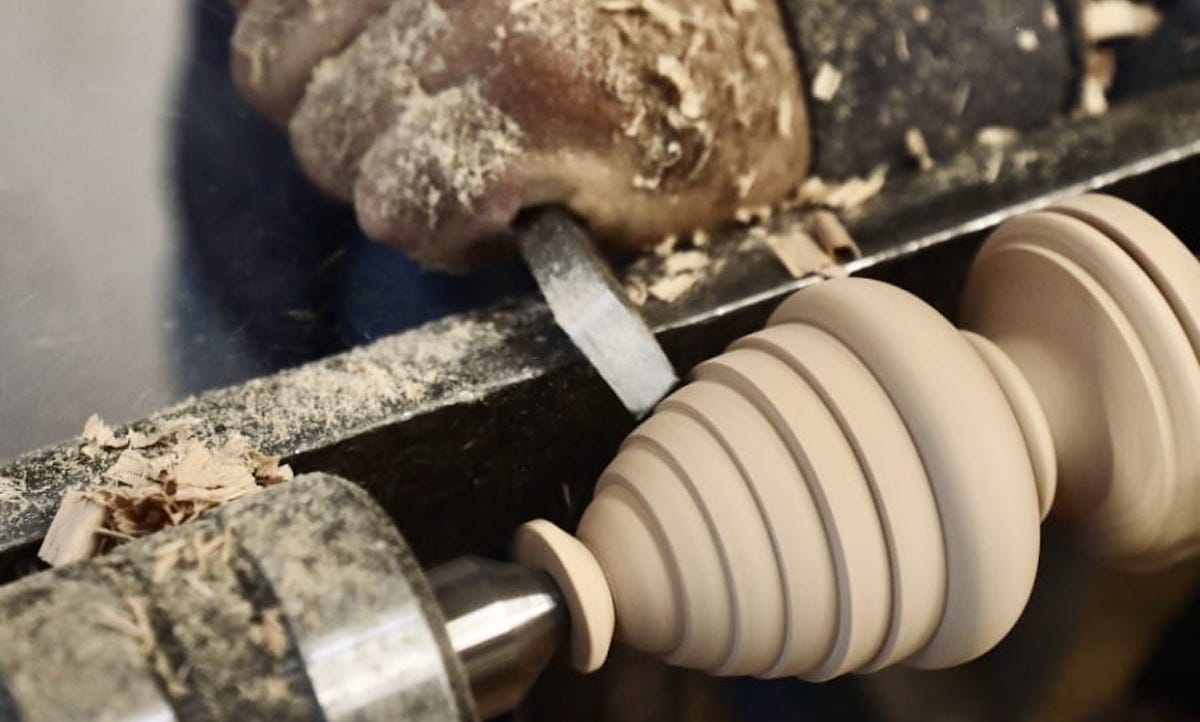
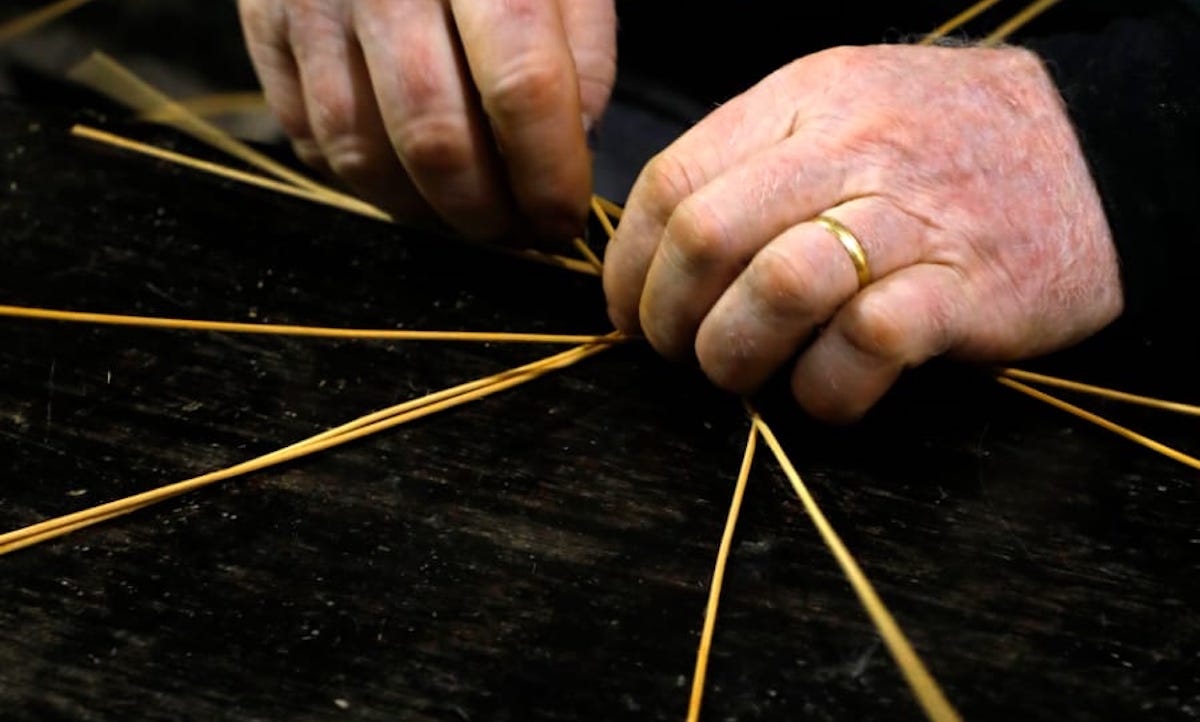
Basketry
From lush valleys emerges an ancient legend: woven baskets, symbols of generosity. Reeds, grasses, and palm leaves intertwine to gather summer’s bounty—olives, figs. Villages like Amchit, Berbara, Bcharre, Kefraya, Sidon, Baalbek uphold this craft, preserving Lebanese rural heritage. Across generations, these baskets connect communities, from grape harvests to city balconies, where tradition endures.




